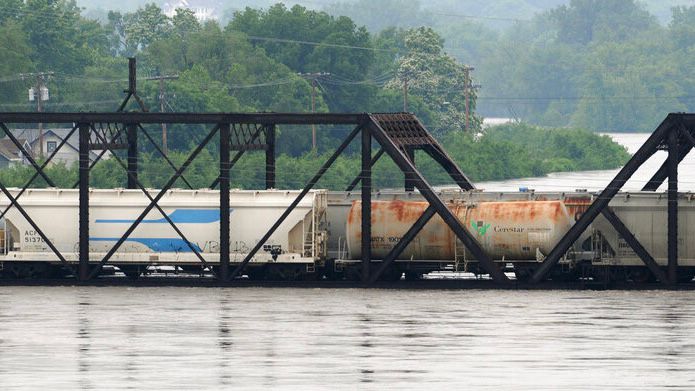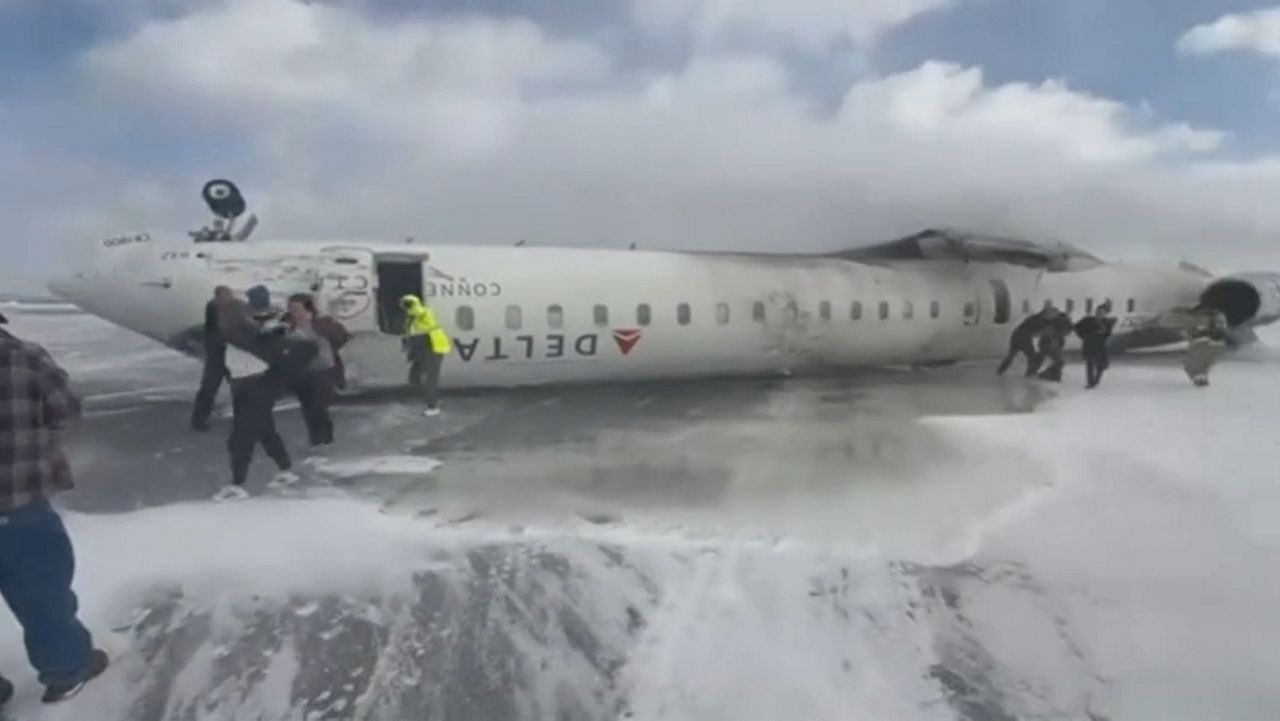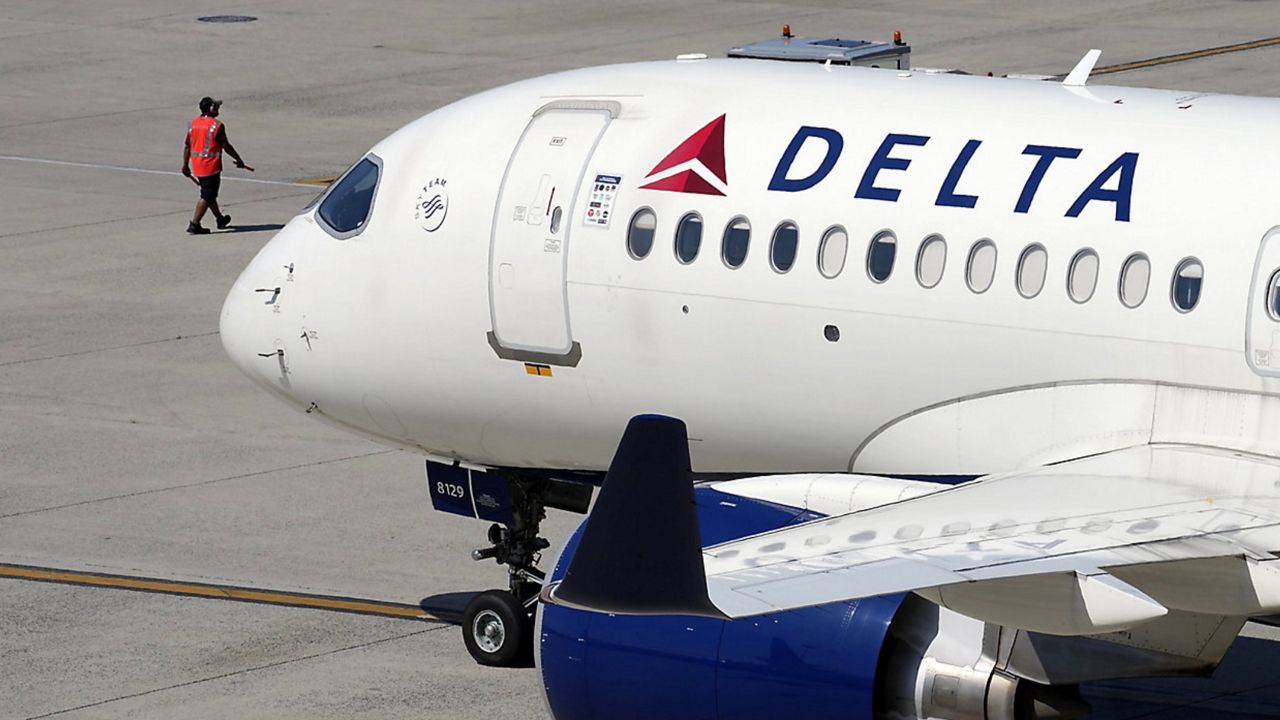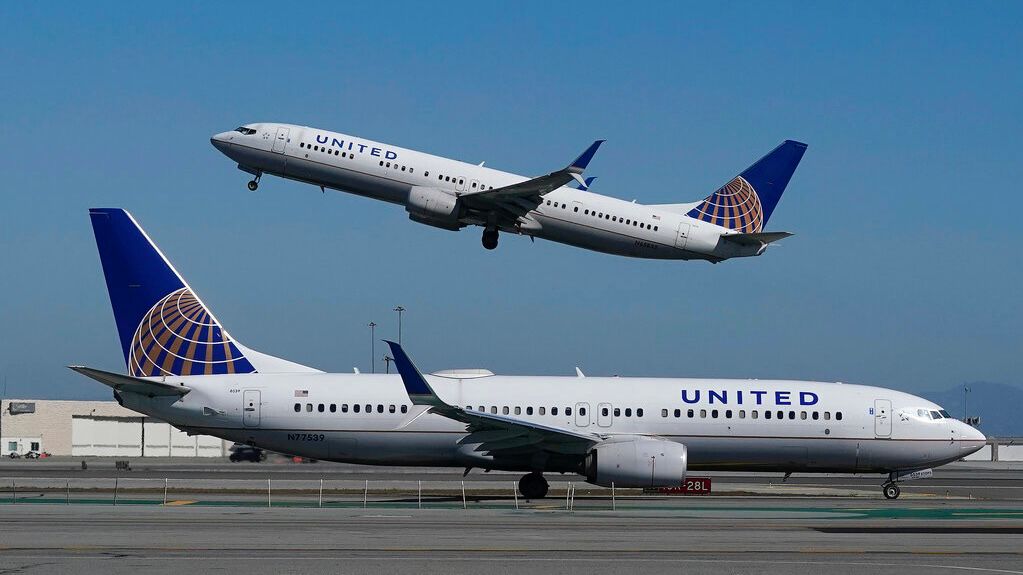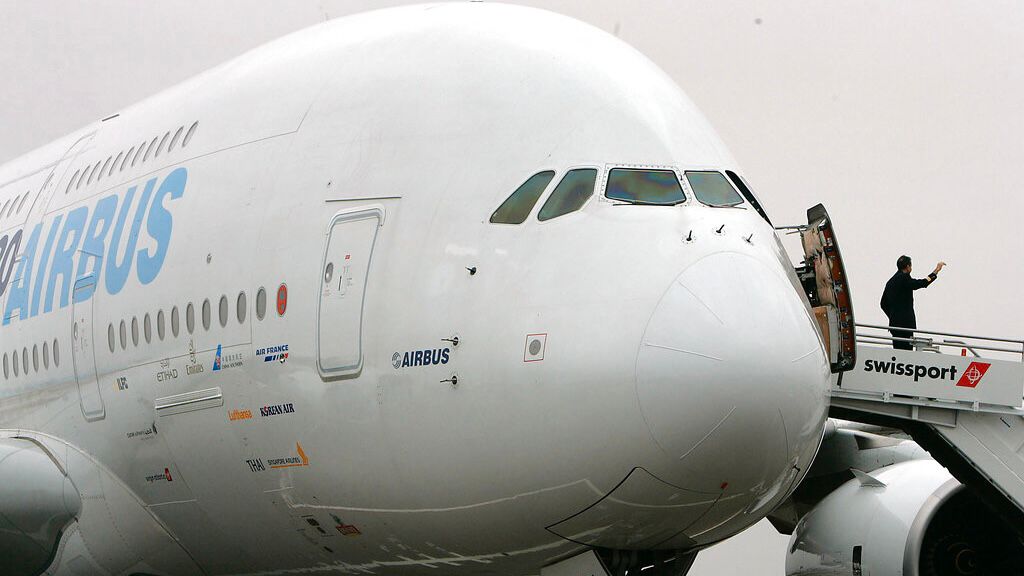As fires, floods and heatwaves become more frequent as a result of climate change, the Department of Transportation announced $830 million in grants for dozens of projects to make roads, bridges and other infrastructure more resilient. Funded through the Bipartisan Infrastructure Law, the grants are the first to be dedicated to transportation resilience.
“Over the last three years, we have seen far too many examples of transportation infrastructure being shut down or damaged by extreme weather, which is more extreme and more frequent in this time of climate change,” Transportation Secretary Pete Buttigieg said Wednesday during a preview of the funding announcement on Wednesday.
Citing recent wildfires that shut down freight lines in California, floods that stopped subway trains in New York and drought that prevented barge traffic on the Mississippi River, Buttigieg said, “America’s infrastructure was not built for the climate that we have today.”
The grants will go to 80 projects in 39 states, the District of Columbia and the Virgin Islands to address geographically specific issues, including $56 million to build a taller bridge in a flood-prone area of Cedar Rapids, Iowa, and $33 million to install a new drainage and sewer system to protect a subway line in New York City that serves one million riders daily.
Buttigieg said the grants are the first time the federal government has partnered with states, local governments and tribes to strengthen transportation infrastructure.
“Our transportation system was designed in the 20th century, and it’s not up to the climate challenges of the 21st century,” Federal Highway Administrator Shailen Bhatt said during the briefing.
The grant money, he said, will be used to support planning, resilience improvements, at-risk coastal infrastructure, community resilience and evacuation routes. Davis, Calif., will receive almost $24 million from the program to combat urban heat island effects. The Oglala Sioux Tribe in South Dakota will receive $60 million to improve two sections of a rural highway. Kalamazoo, Mich., will receive about $38 million to upgrade aging stormwater infrastructure.
“By preserving our assets, both physical and financial, we can keep our infrastructure strong and fulfill our most important duty of getting people where they need to go and getting them there safely now and for generations to come,” Bhatt added.
The United States received a C- grade overall on the most recent American Society of Civil Engineers Report Card for America’s Infrastructure. While rail received a B, bridges received a C, roads and dams received a D and transit received a D-.
Buttigieg said damage to freight rail lines, ports, shipping lanes and freight highways can interrupt travel and raise the costs of goods.
“It’s not an exaggeration to say that extreme weather driven by climate change is one of the biggest threats to our infrastructure, to quality of life and safety in our community,” Buttigieg said. “And it’s not an exaggeration to say that extreme weather related to climate change is one of the biggest risks to our supply chains, which, as we all know, when disrupted, can increase the cost of living."
White House Climate Adviser Ali Zaidi said every one dollar invested in resilience returns up to $13 in benefits.
“It’s a very high return on investment for public dollars,” he said.
The largest federal infrastructure investment in U.S. history, the $1.2 trillion Bipartisan Infrastructure Law was passed in 2021 with 19 Republicans in the Senate joining Democratic lawmakers. It has already funded more than 40,000 projects, many of which have yet to begin construction.




